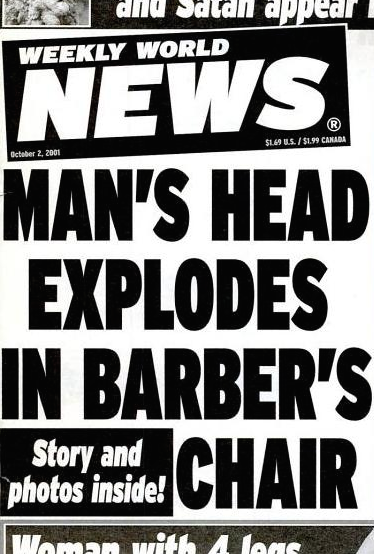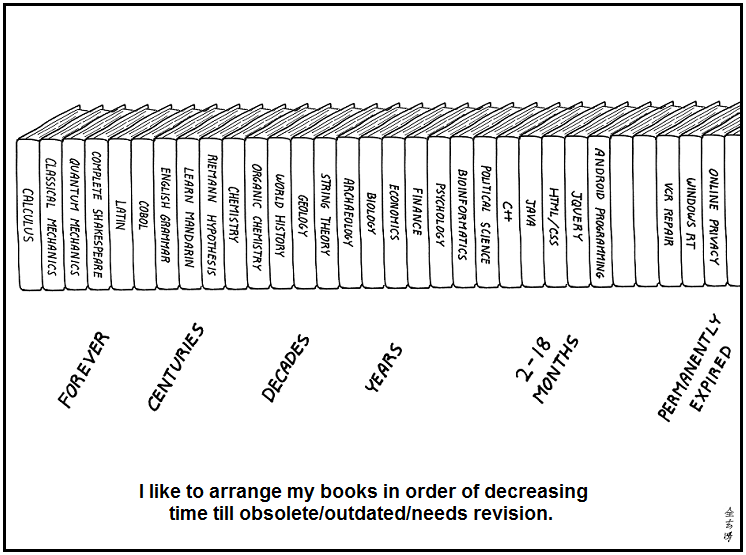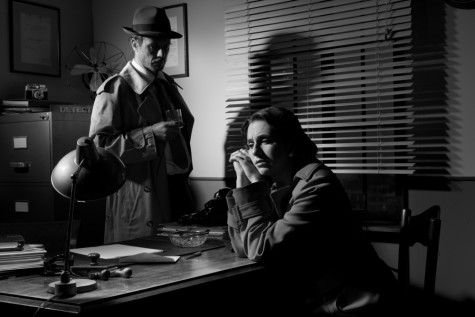 The room is plain and cloaked in shadow, save the single pool of light draped over a hardened criminal. Facing the her is a meaty lug of a detective with a ketchup-stained tie and hairy knuckles.
The room is plain and cloaked in shadow, save the single pool of light draped over a hardened criminal. Facing the her is a meaty lug of a detective with a ketchup-stained tie and hairy knuckles.
“This doesn’t have to go bad for you, Jenny,” the larger man growls. “You work with us and I can put in a good word with the D.A. Get you a deal.” Jenny stares hard at the wall-size mirror across from him.
“Look, Jenny,” says a skinnier cop sitting near the door, “if you don’t flip on your cousins, your kid’s looking at a life sentence of autism. That’s hard time. Jenny’s hand flinches almost imperceptibly at the word “autism” but she kept her stare fixed.
The fat man jumps in, as if on cue. “But you implicate your cousin Tony and his gang, you’re looking at – worst case scenario – a little measles for the kid. Hell, chances are, he walks outta here free and clear.”
“So what do you say?” the other one says. “Better yet, what do you think Tony will say? Hey, we got him in the next room. Maybe we offer him the same deal, see where it gets us. I bet he turns on you before I even finish asking.”
The detective lumbers to the door and without turning says, “When your little boy’s got autism, don’t say we never gave you a choice.” As he pulls the door, a voice behind him squeaks.
“Wait. Wait, don’t. Come back. My kid can’t do autism. Let’s talk.” Continue reading


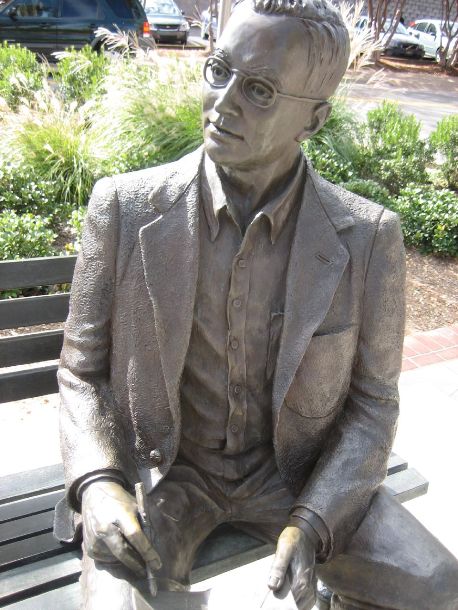

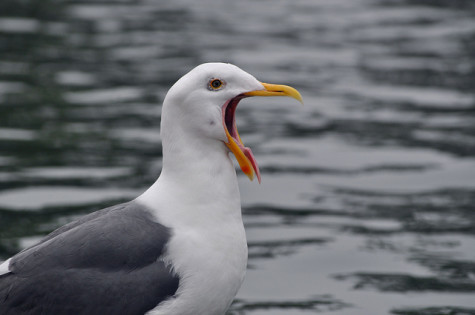 The other day while we were playing at a nearby park, a woman got out of her car and swooped over to where my sons and their friends were trying to flip over small boulders. She had these awesome knee high boots, and bright red lipstick. Seeing her reminded me what happens to everyman hero Emmet in The Lego Movie’s everyman when he first sees master-builder WyldStyle—the world goes fuzzy, and the screen is filled with her smile, her stiffly swooshing hair and an angel choir soundtrack.
The other day while we were playing at a nearby park, a woman got out of her car and swooped over to where my sons and their friends were trying to flip over small boulders. She had these awesome knee high boots, and bright red lipstick. Seeing her reminded me what happens to everyman hero Emmet in The Lego Movie’s everyman when he first sees master-builder WyldStyle—the world goes fuzzy, and the screen is filled with her smile, her stiffly swooshing hair and an angel choir soundtrack.